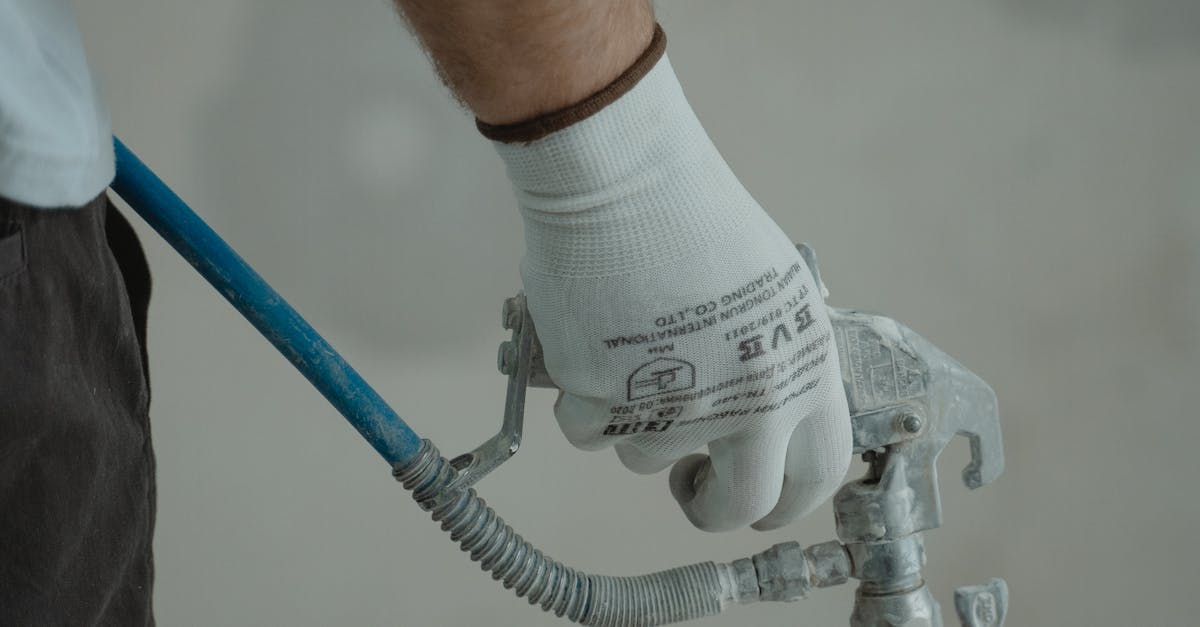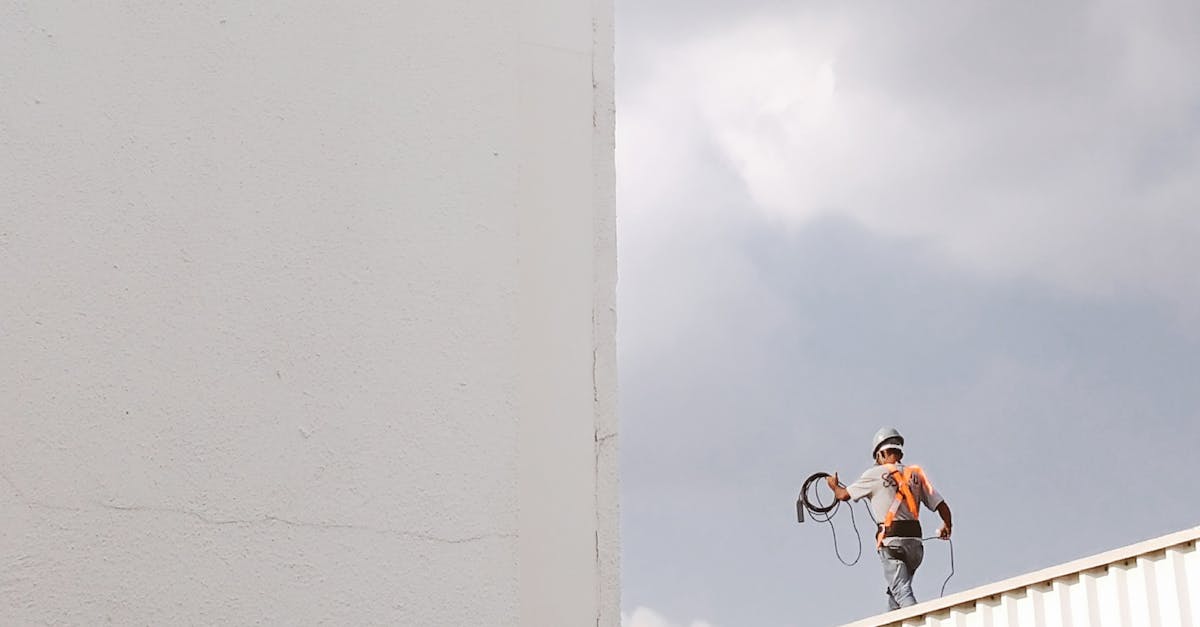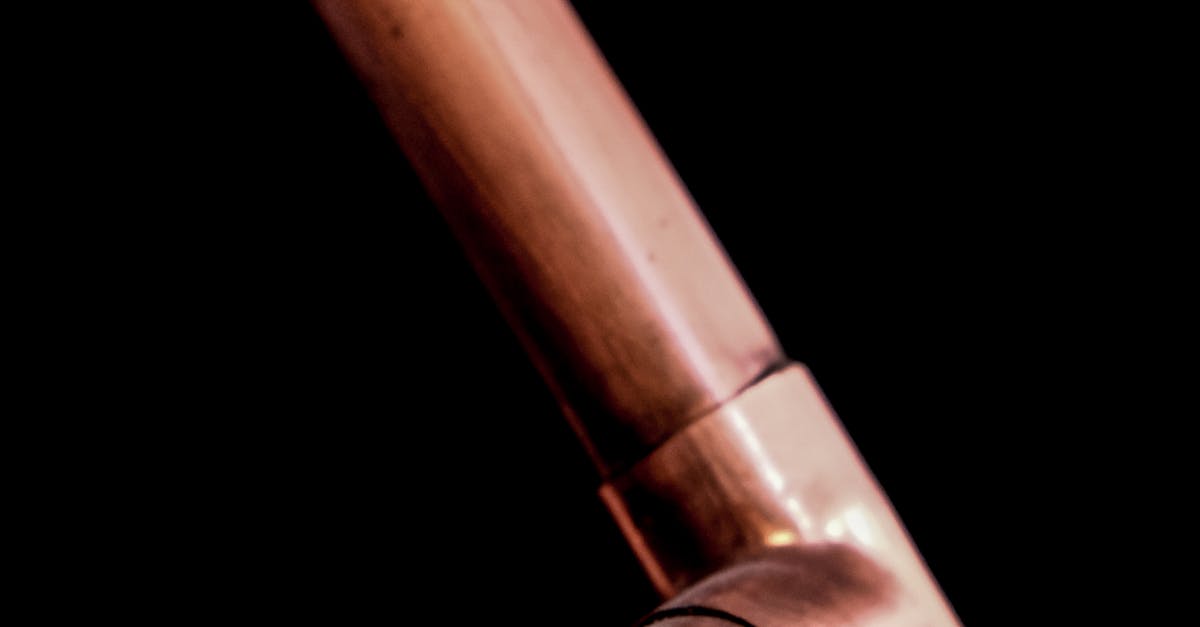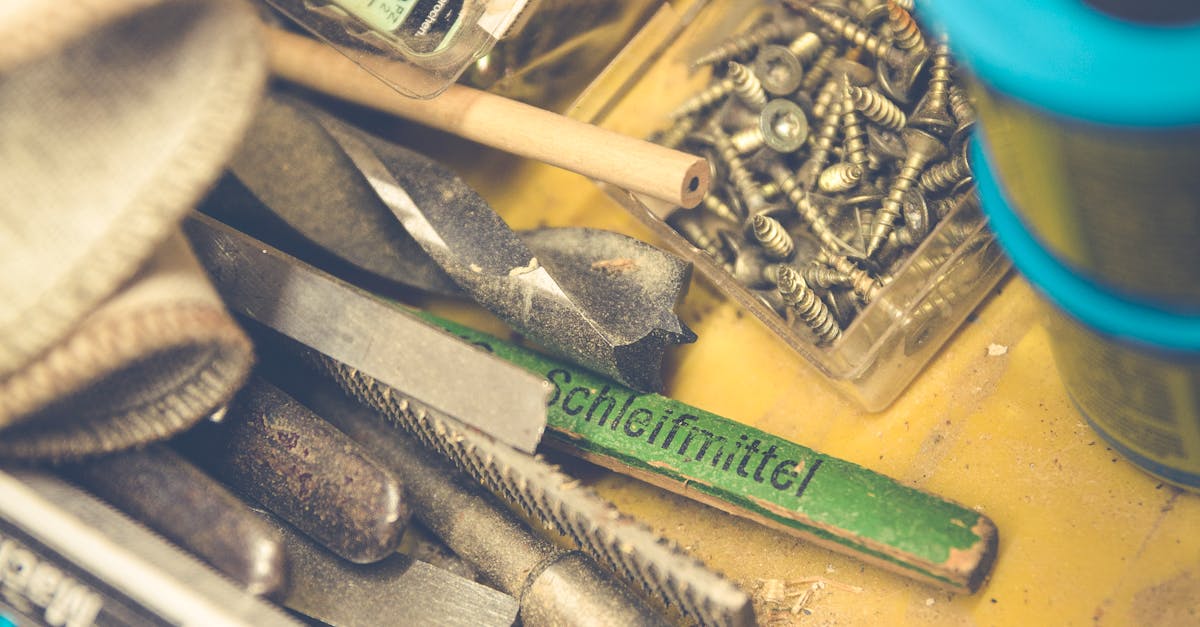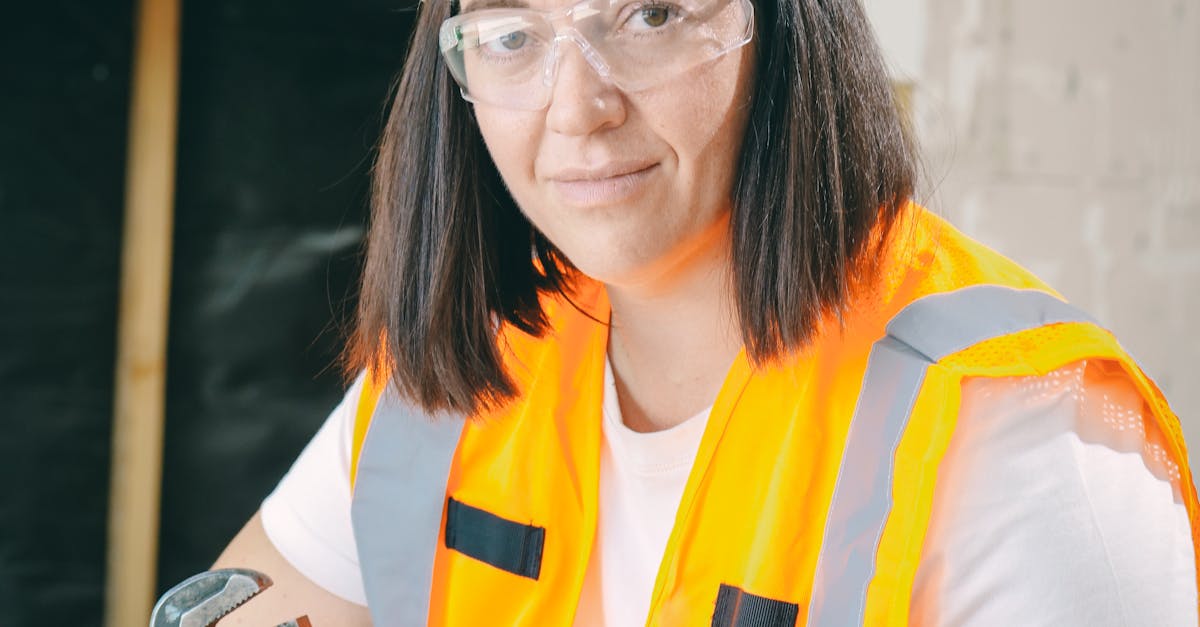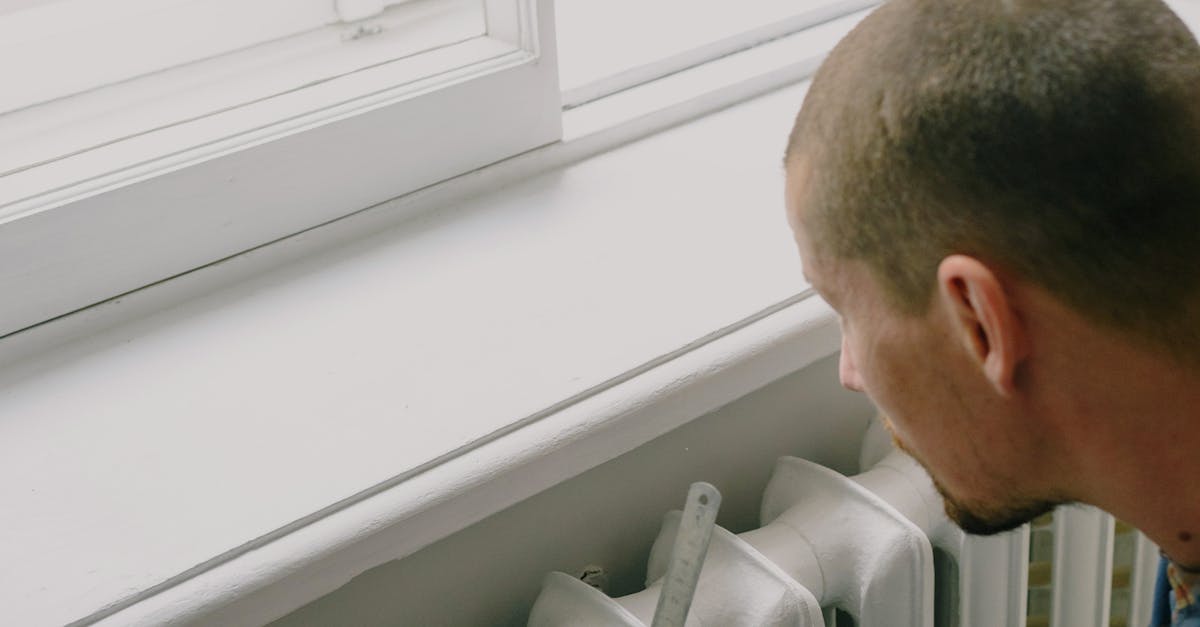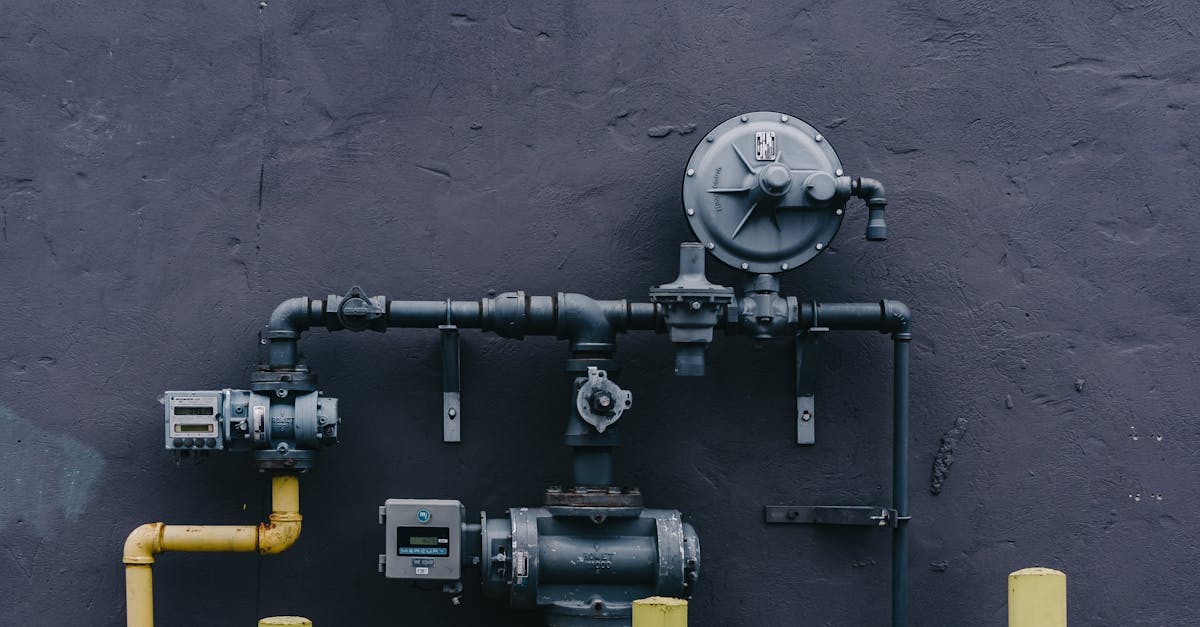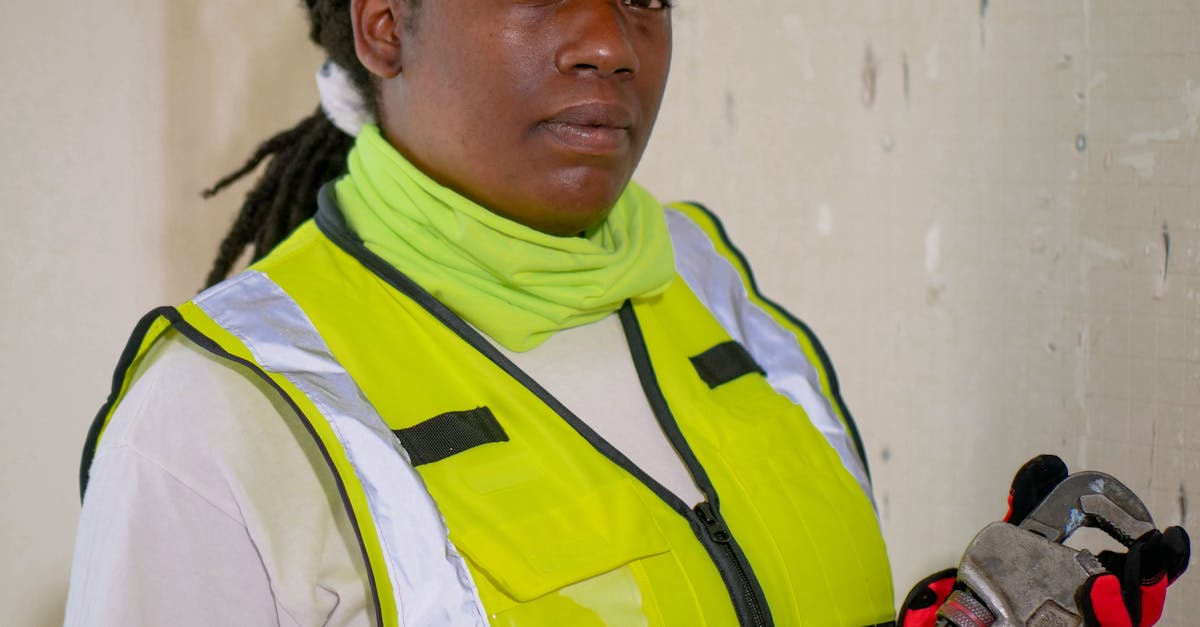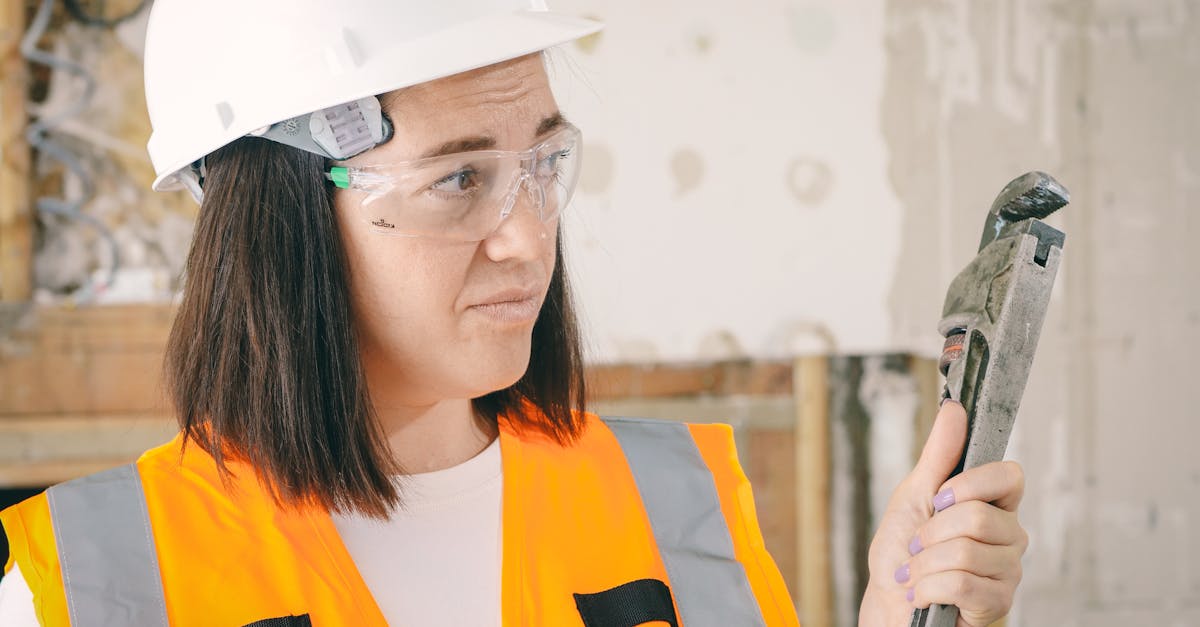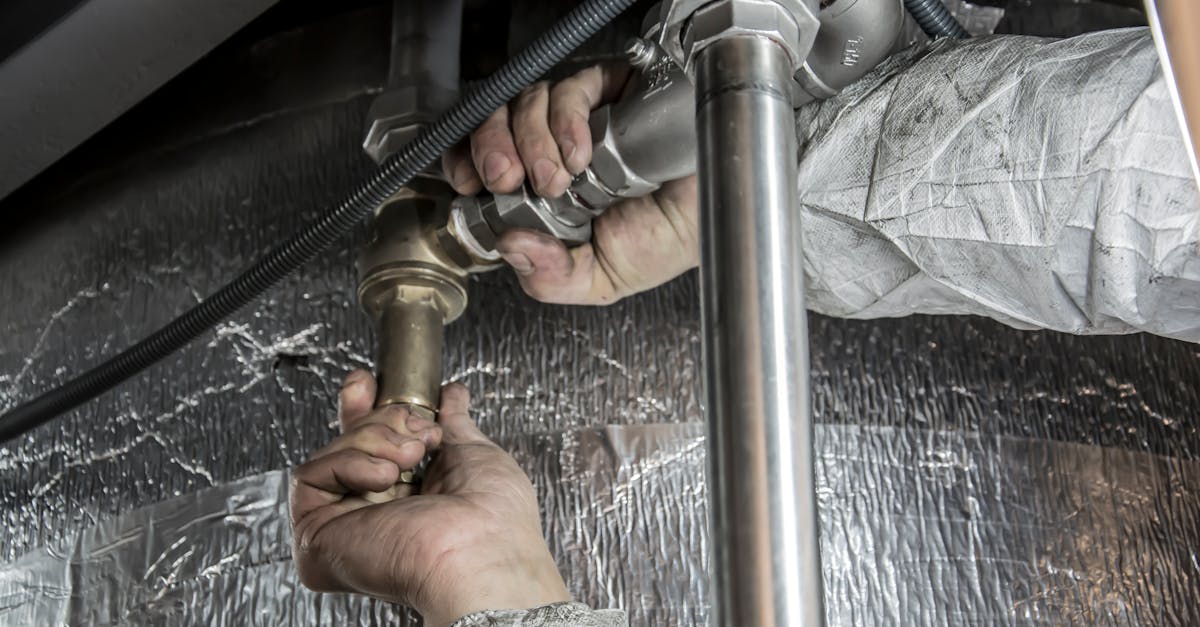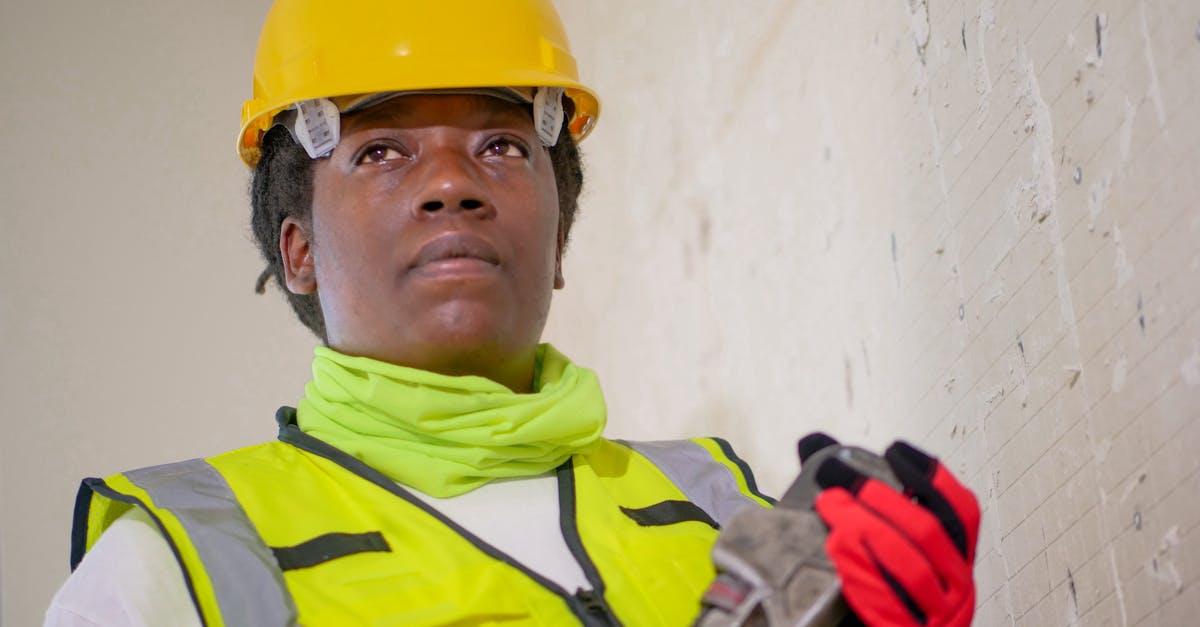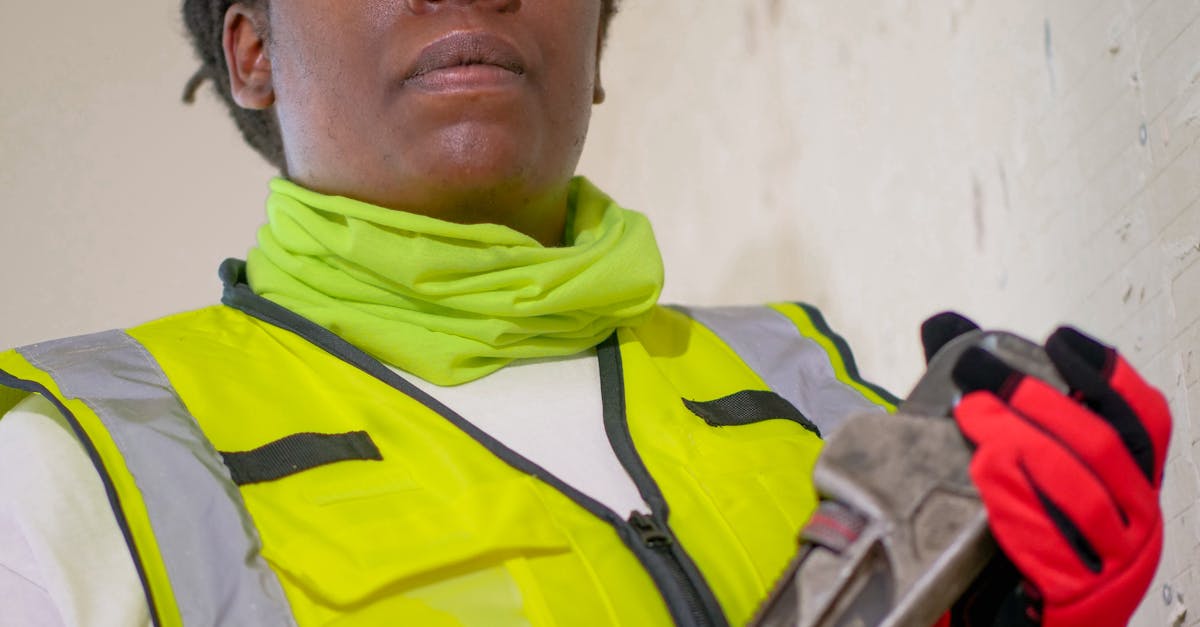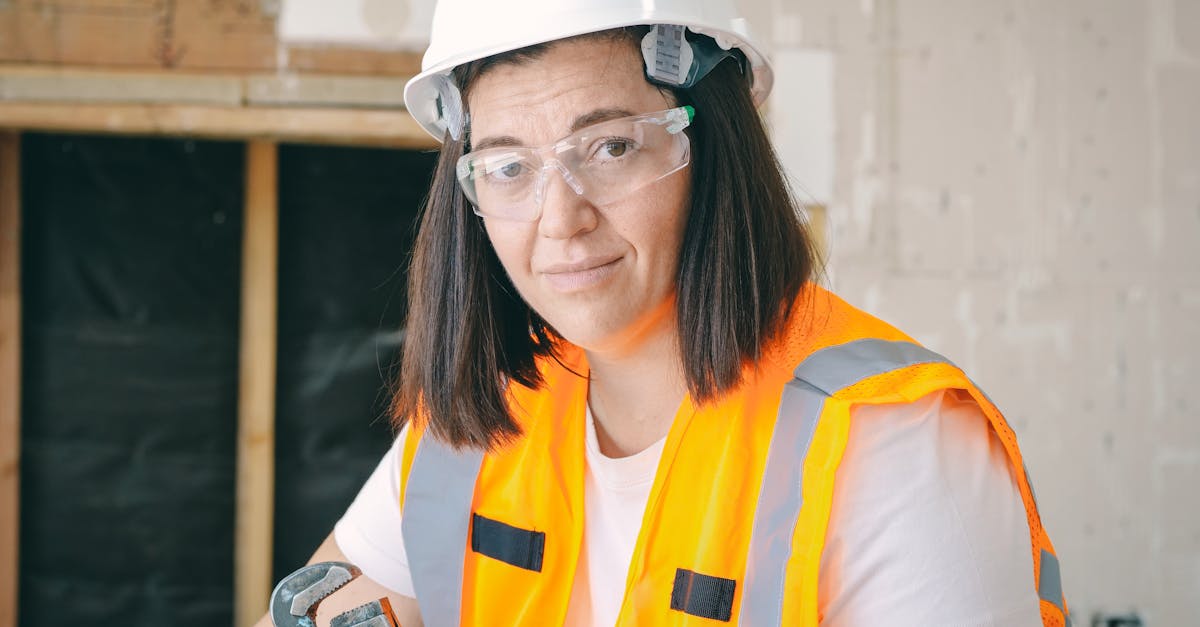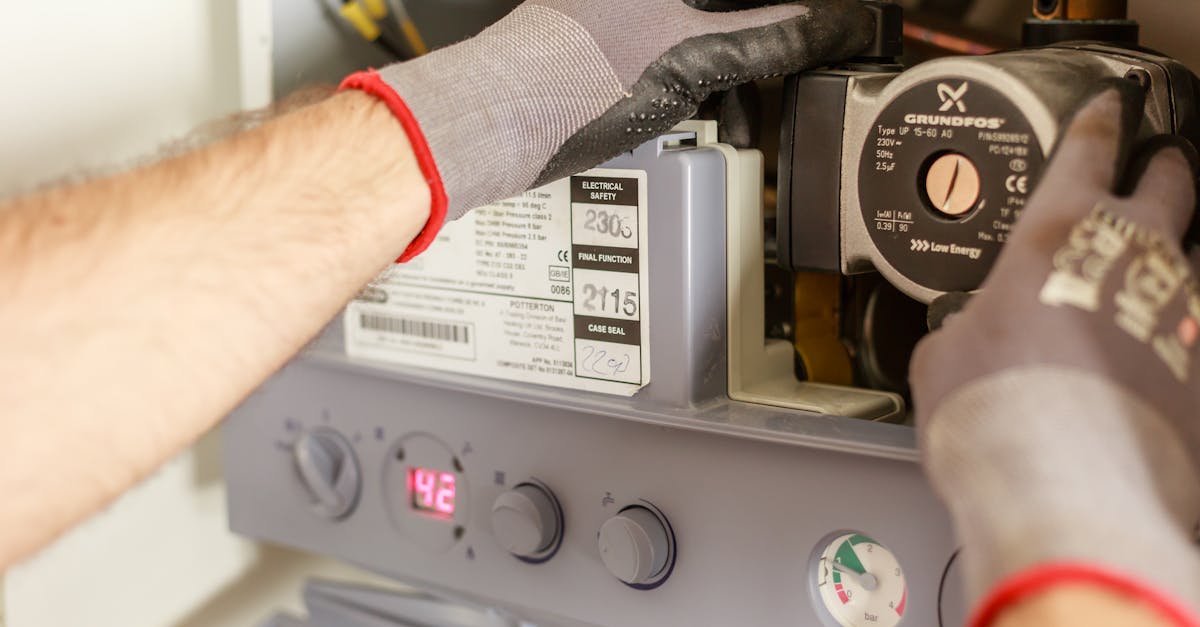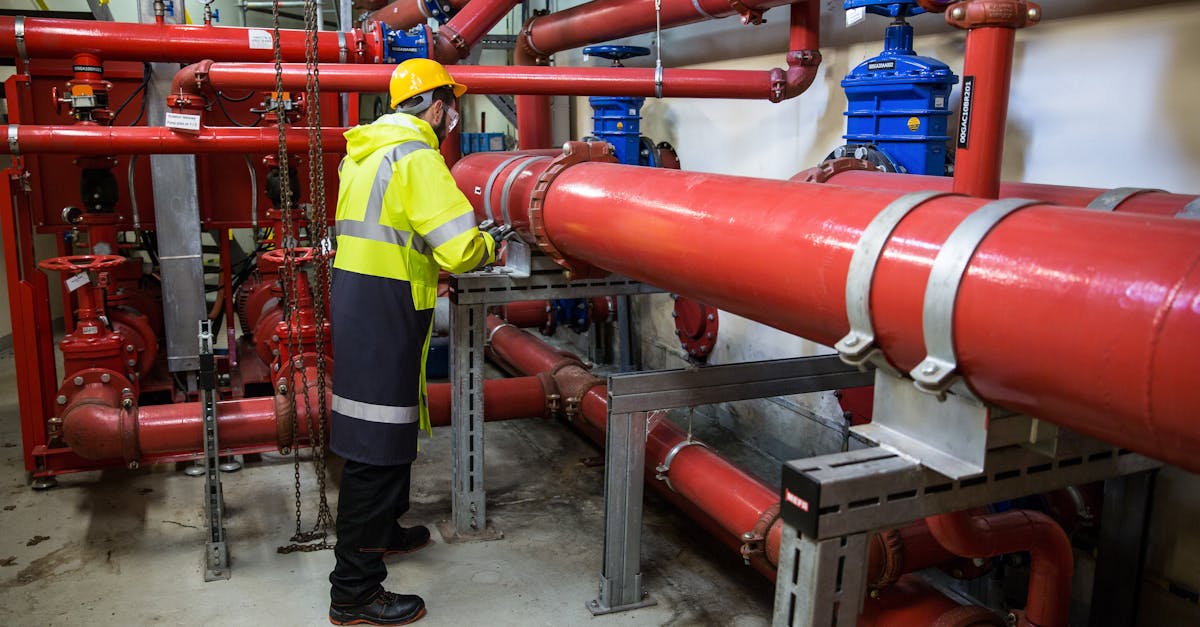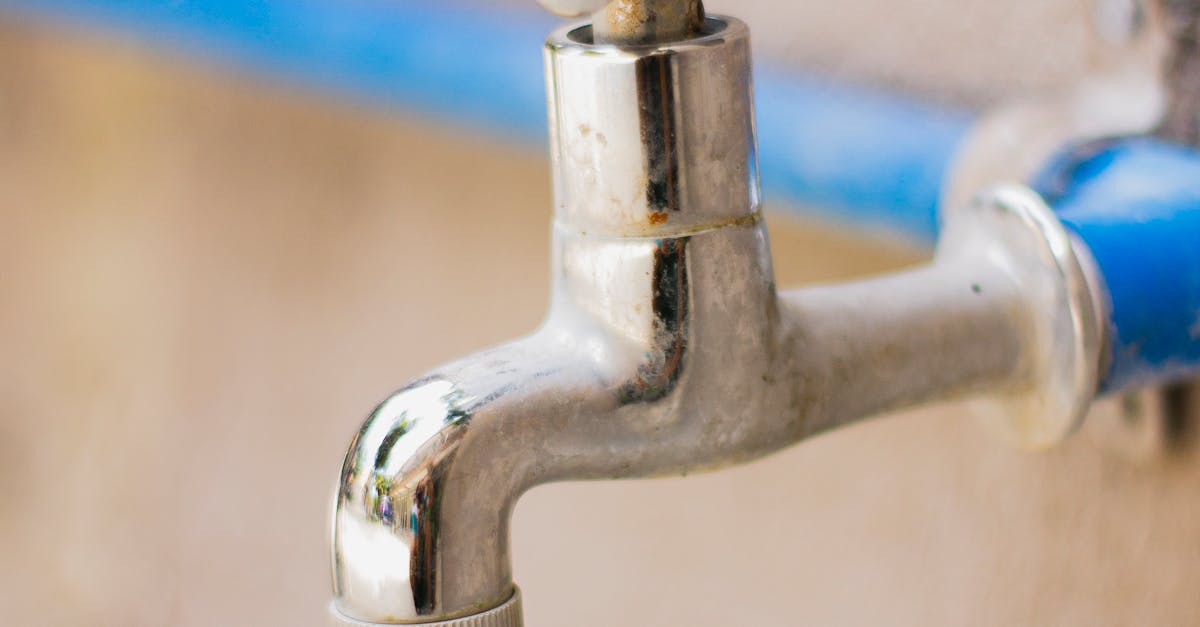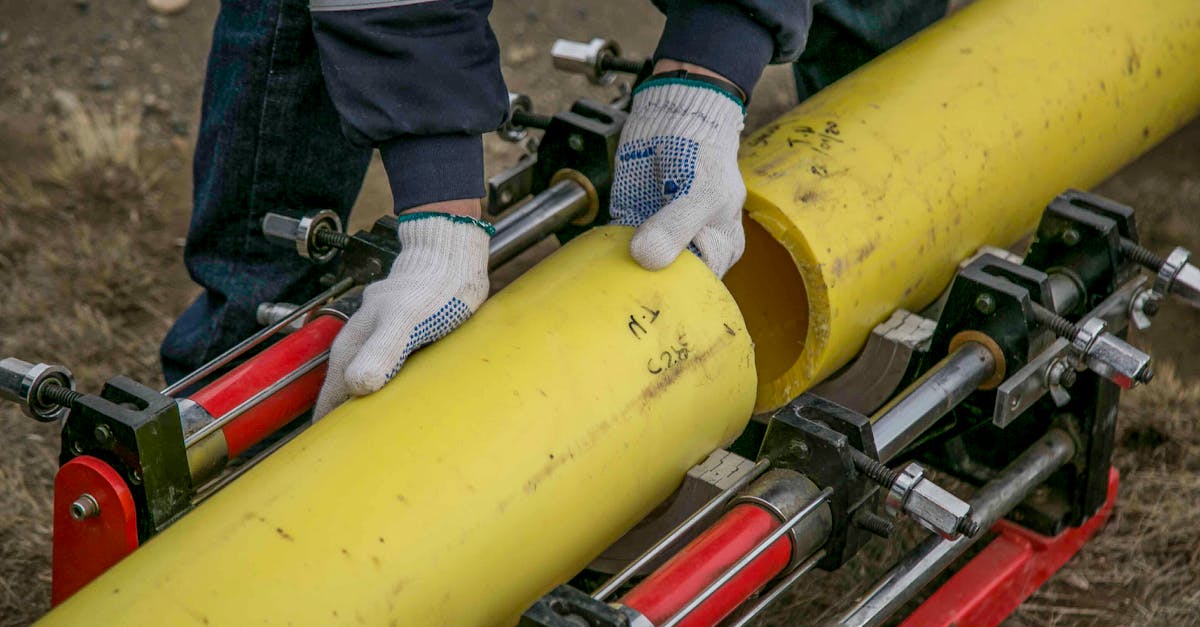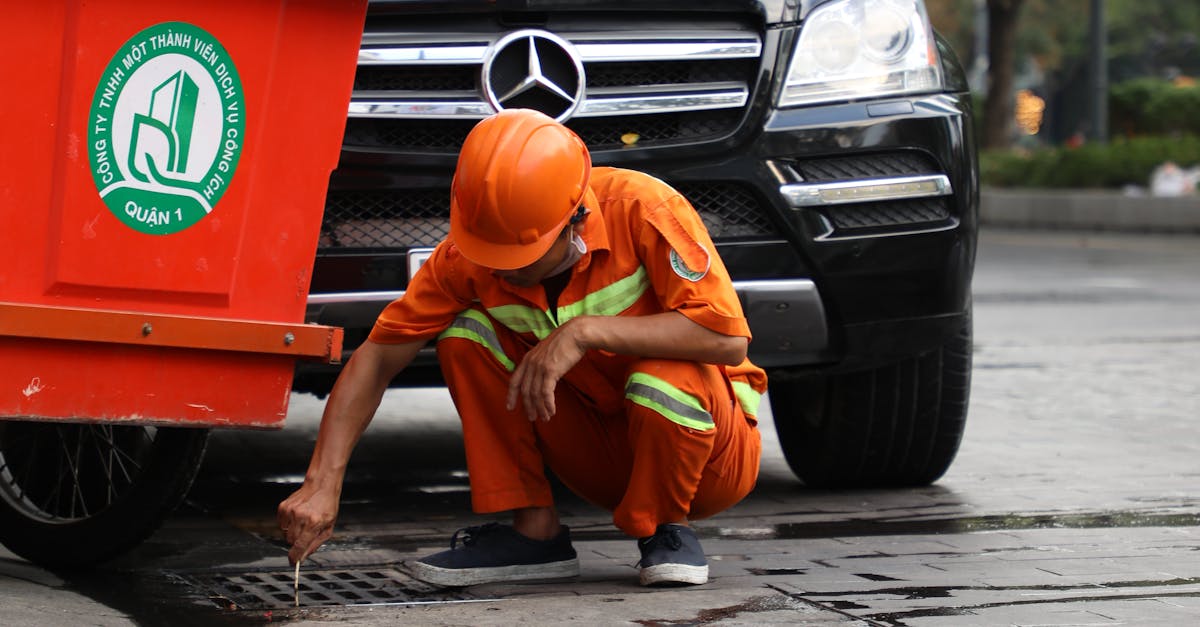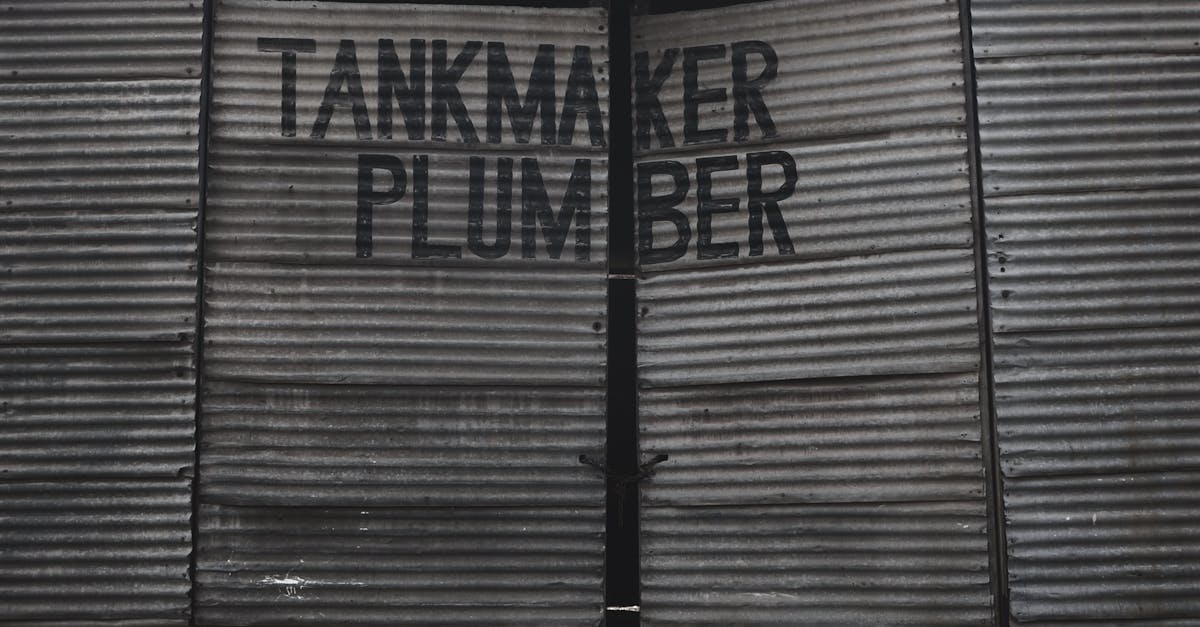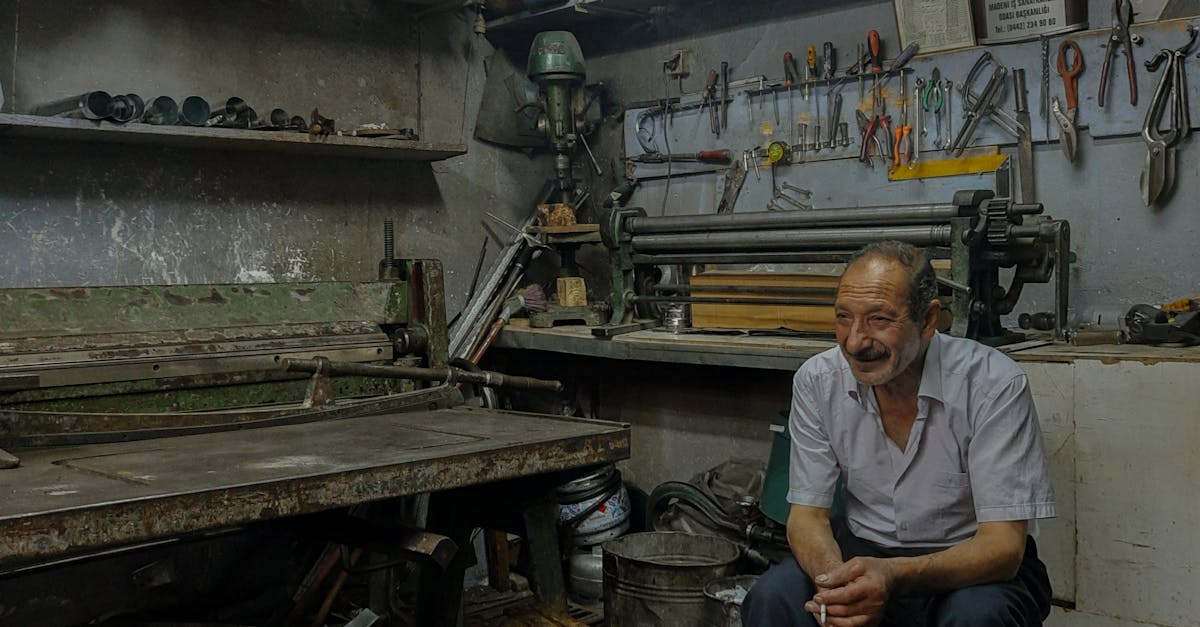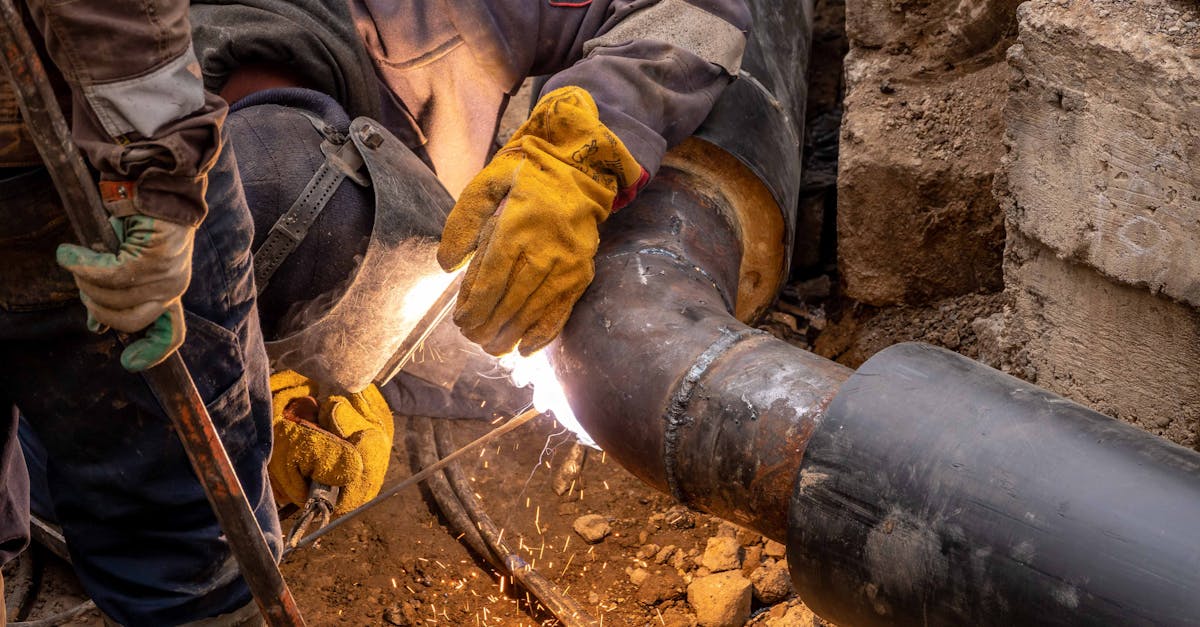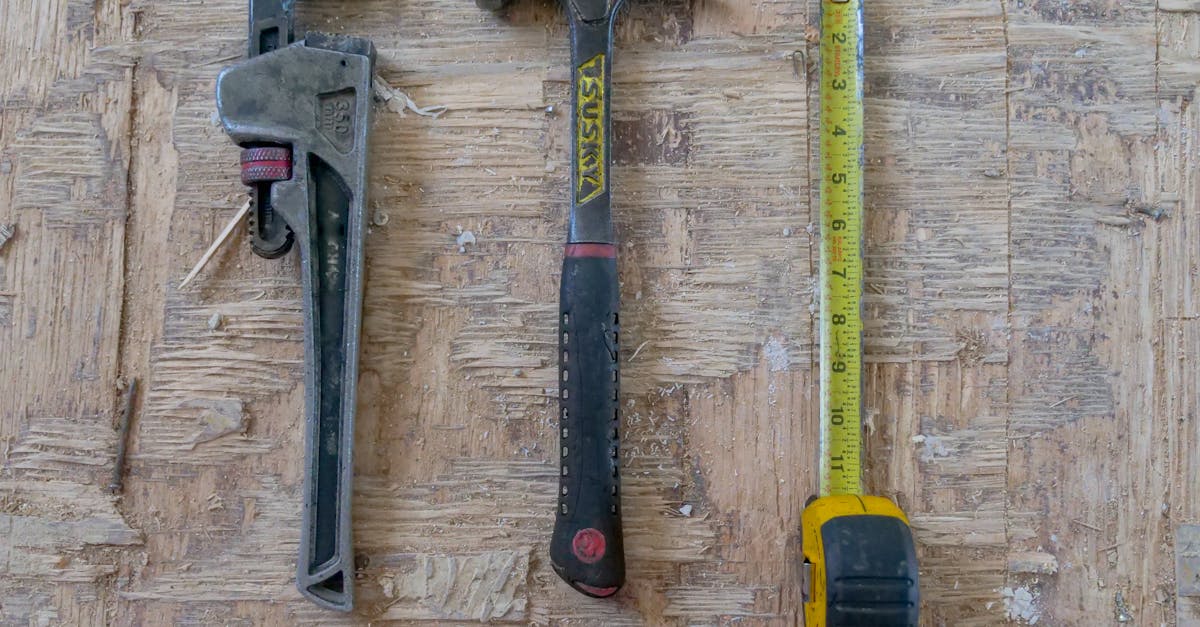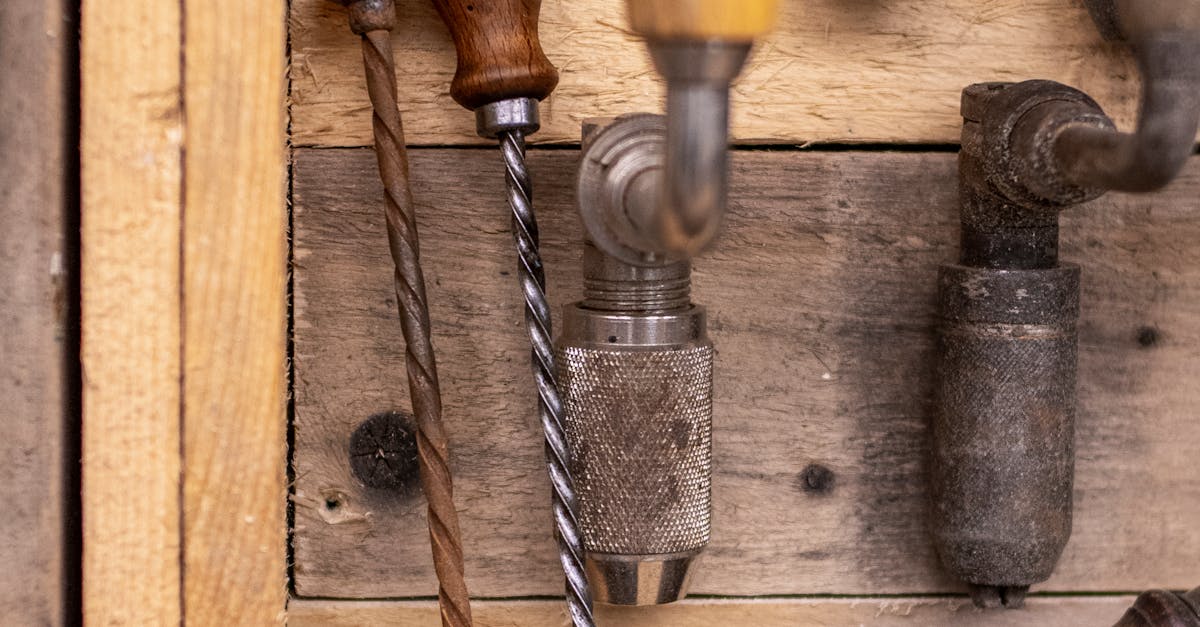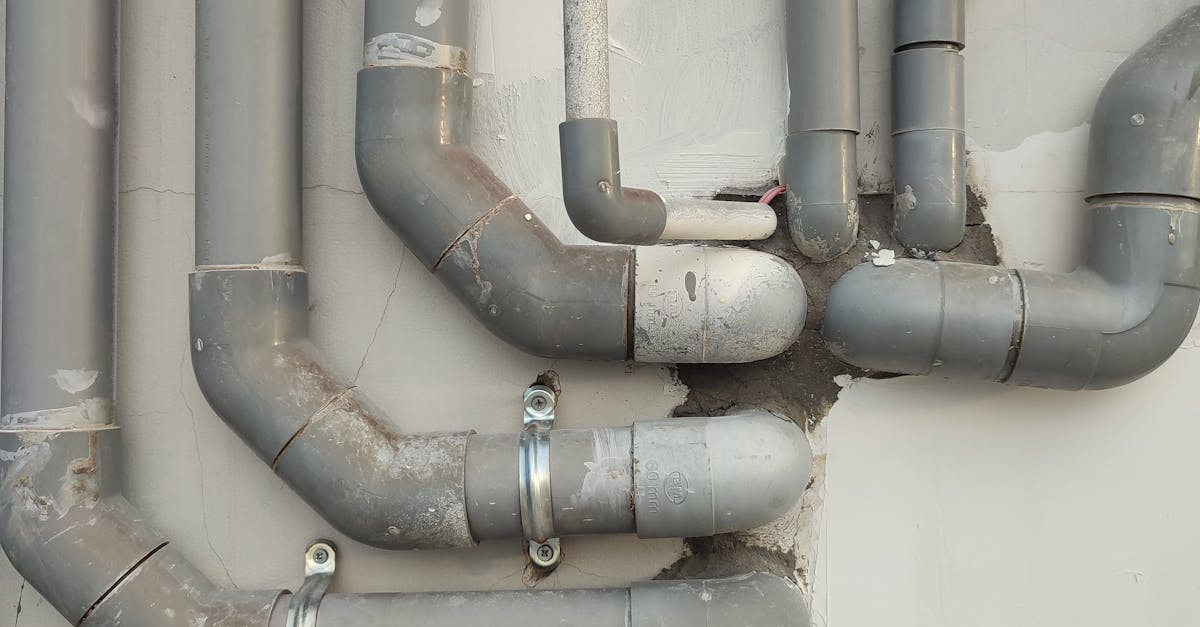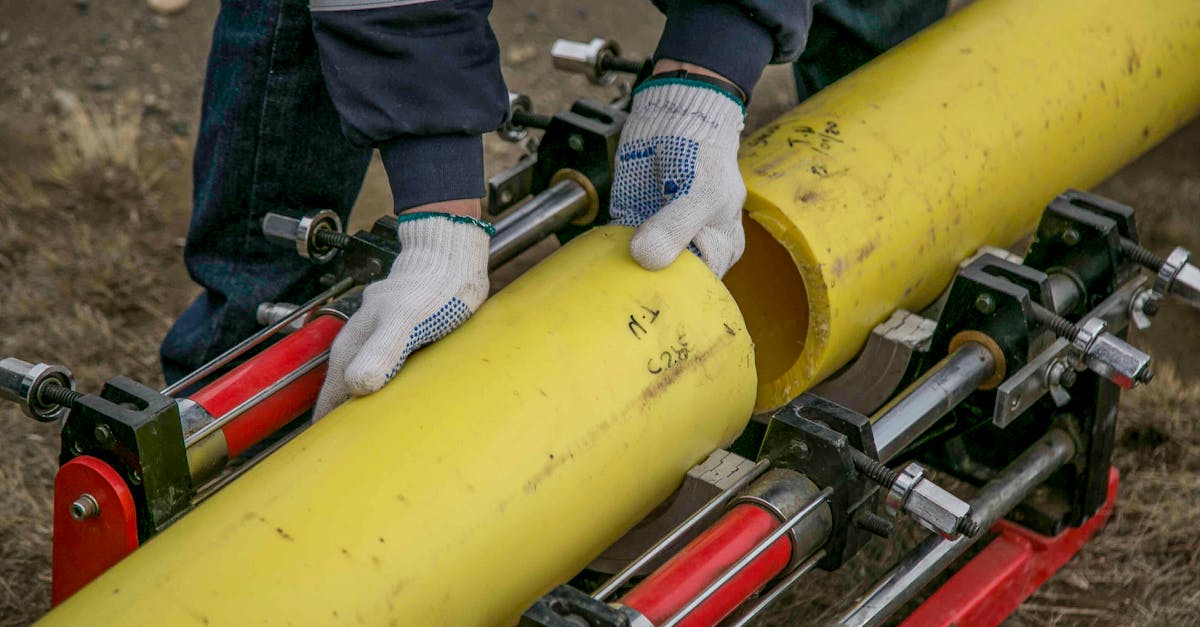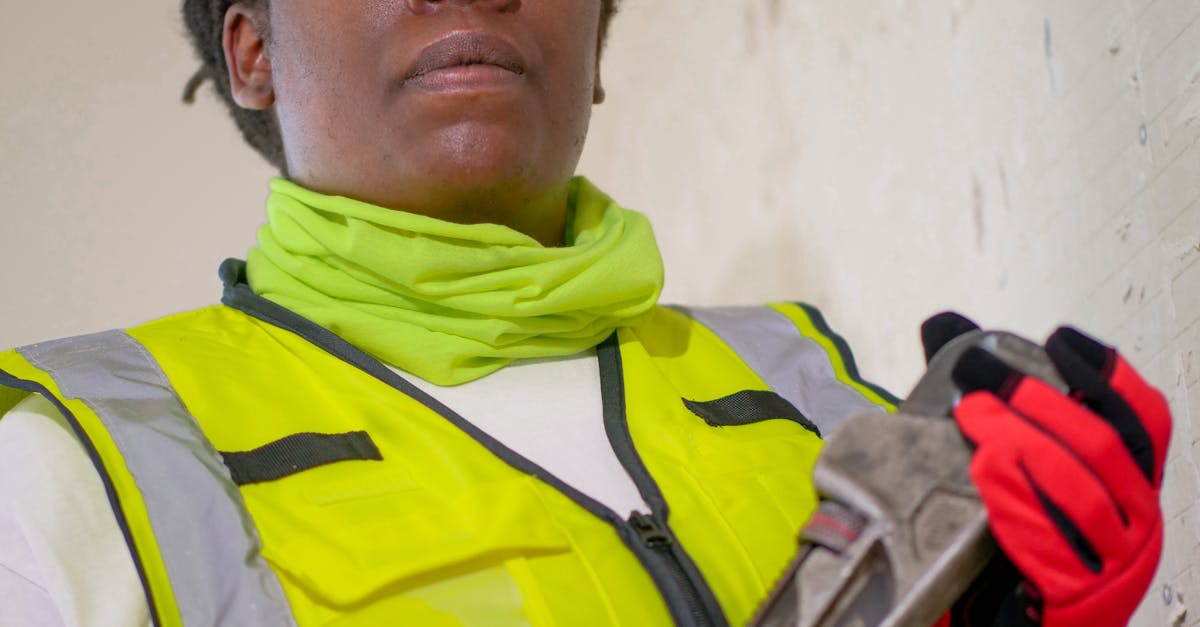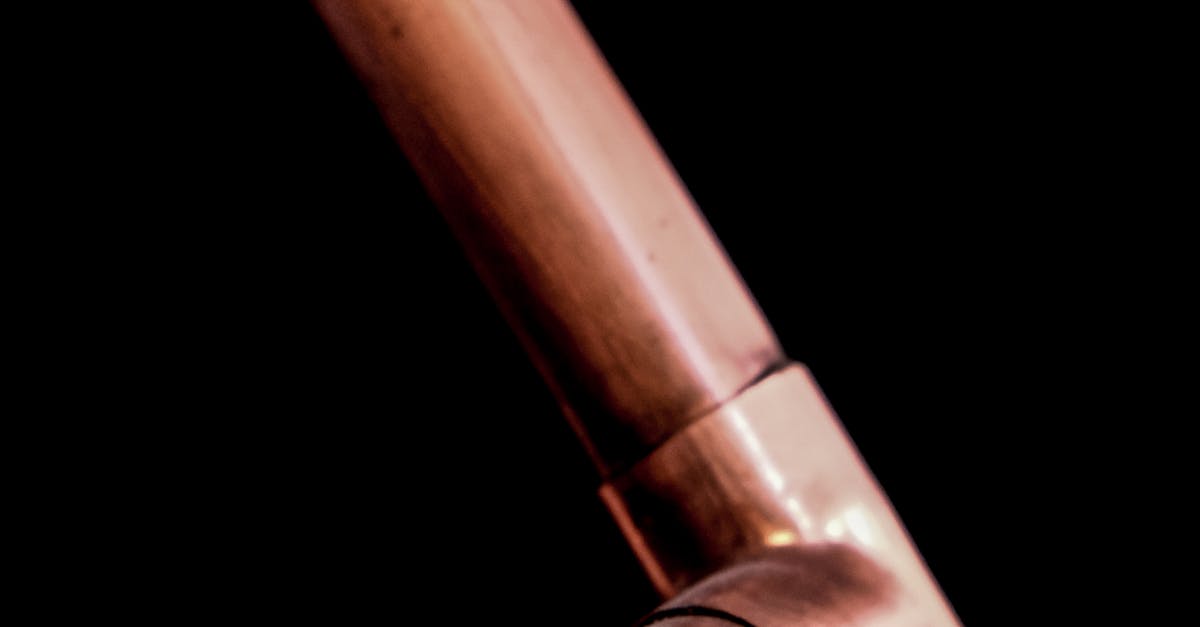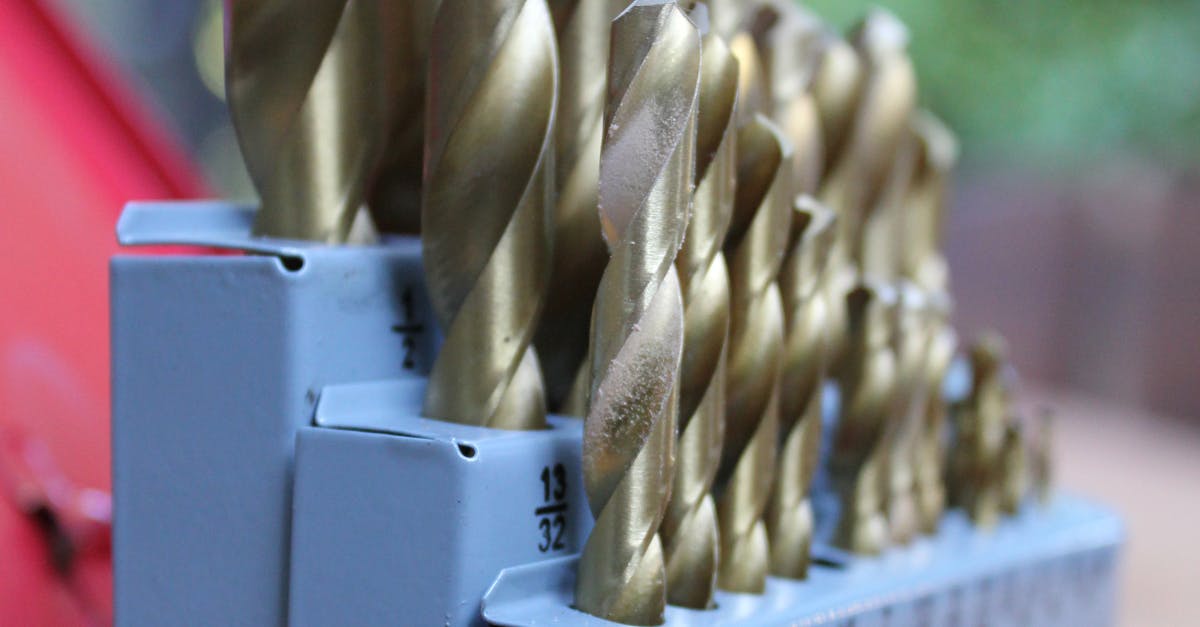
Table Of Contents
Tripped Circuit Breakers
A tripped circuit breaker can cause your hot water system to suddenly stop functioning. Breakers are designed to cut off power when they detect an overload, preventing potential hazards like electrical fires. If your hot water system isn’t receiving power due to a tripped breaker, you may notice a lack of hot water. Regular maintenance can help identify issues before they lead to a trip, making it essential to stay vigilant.
To resolve the issue, locate your electrical panel and check for any tripped breakers. Resetting the breaker might restore power to the hot water system, allowing it to operate normally again. However, frequent trips could indicate a deeper problem that may require professional attention. In cases where resetting does not resolve the lack of hot water, arranging for hot water system repairs is advisable to ensure safety and efficiency.
Resetting Your Circuit Breaker
If you find that your hot water suddenly stops working, a tripped circuit breaker could be the culprit. Circuit breakers are designed to protect your home from electrical overloads. When the hot water system draws too much power, the breaker automatically shuts off to prevent damage. Checking your circuit box is a wise first step to determine if this is the issue. If the breaker has tripped, you will need to reset it to restore power to your hot water system.
Resetting a circuit breaker is generally a straightforward process. Simply locate the breaker switch that controls your hot water system. Flip the switch fully to the "off" position, then back to "on." If you’re unsure about the process, or if the breaker trips again after resetting it, consider reaching out to a professional for assistance. This may be necessary for your safety and to prevent further complications. Professional help is especially important if you need hot water system repairs that go beyond simple troubleshooting.
Temperature Pressure Relief Valve Problems
The temperature pressure relief valve (TPR valve) is a critical safety feature in hot water systems. It regulates the temperature and pressure within the tank, ensuring that neither exceeds safe levels. If the TPR valve malfunctions, it may either prevent the release of excess pressure or cause water to leak, leading to insufficient hot water supply. Regular maintenance is essential to ensure the valve operates correctly.
If you suspect an issue with your TPR valve, addressing it promptly can prevent further complications. Ignoring the problem might lead to more significant system failures, requiring extensive hot water system repairs. Homeowners should be aware of the signs of a failing TPR valve, such as unusual noises, water pooling around the base of the tank, or fluctuating water temperatures. Proper troubleshooting and timely interventions can help maintain the integrity of the hot water system.
Understanding the Role of the TPR Valve
The Temperature Pressure Relief (TPR) valve plays a crucial role in a hot water system, ensuring safety by preventing excess pressure buildup. When the water heater operates, it heats water, creating pressure and steam. The TPR valve is designed to open and release water if the temperature or pressure exceeds safe levels, thus protecting the heater from damage or explosion. If this valve malfunctions, the system can face significant risks, making it essential to address any issues promptly.
When engaging in hot water system repairs, an assessment of the TPR valve is necessary. A valve that is leaking or does not open can lead to overheating and pressure issues. Regular maintenance ensures that the TPR valve functions properly, helping to extend the lifespan of the water heater. Homeowners should familiarize themselves with the TPR valve’s operation to identify potential problems before they escalate into major repairs.
Gas Supply Issues
Gas supply issues can significantly impact the performance of your hot water system. If the gas line is blocked or there is a malfunction with the regulator, you may experience interruptions in hot water supply. It is essential to regularly check the gas lines for any leaks or obstructions. Inadequate gas pressure due to these problems can prevent your water heater from functioning properly.
When gas supply is compromised, calling a professional for hot water system repairs becomes crucial. They can diagnose the issue and ensure that your gas line is functioning efficiently. Regular maintenance of the gas supply can help avoid future complications and ensure a consistent supply of hot water when you need it most.
Ensuring a Steady Supply of Gas
A consistent and adequate supply of gas is essential for your hot water system to function properly. If the gas line is blocked or there is a gas supply interruption, the water heater may not receive the fuel it needs to generate heat. Regular inspections of the gas line can help identify potential issues before they escalate. Homeowners should also be aware of any signs of gas leaks, such as a rotten egg smell, which require immediate attention from a professional.
In some cases, the issue may lie within the gas regulator or the valve itself. Malfunctions in these components can prevent the proper flow of gas to the system. For anyone facing challenges with hot water availability, timely Hot Water System Repairs can effectively address these concerns, ensuring your heater operates smoothly and efficiently. Regular maintenance can help prevent future disruptions caused by gas supply issues, leading to a more reliable hot water system.
FAQS
What are some common reasons why hot water might suddenly stop working?
Common reasons include tripped circuit breakers, problems with the temperature pressure relief (TPR) valve, and gas supply issues.
How can I tell if my circuit breaker has tripped?
You can check your circuit breaker panel to see if any switches are in the “off” position or if the breaker is in a tripped state, which is usually indicated by a red or orange color.
What should I do if the temperature pressure relief valve is malfunctioning?
If the TPR valve is malfunctioning, it should be inspected and possibly replaced by a qualified plumber to ensure safety and proper functioning of your water heater.
What steps can I take to ensure a steady gas supply to my water heater?
Make sure that the gas supply line is open and unobstructed, check for any gas leaks, and ensure that the pilot light is lit if you have a gas water heater.
How often should I maintain my water heater to prevent issues?
It’s recommended to perform maintenance on your water heater at least once a year, which includes flushing the tank, checking the anode rod, and inspecting for leaks or corrosion.

